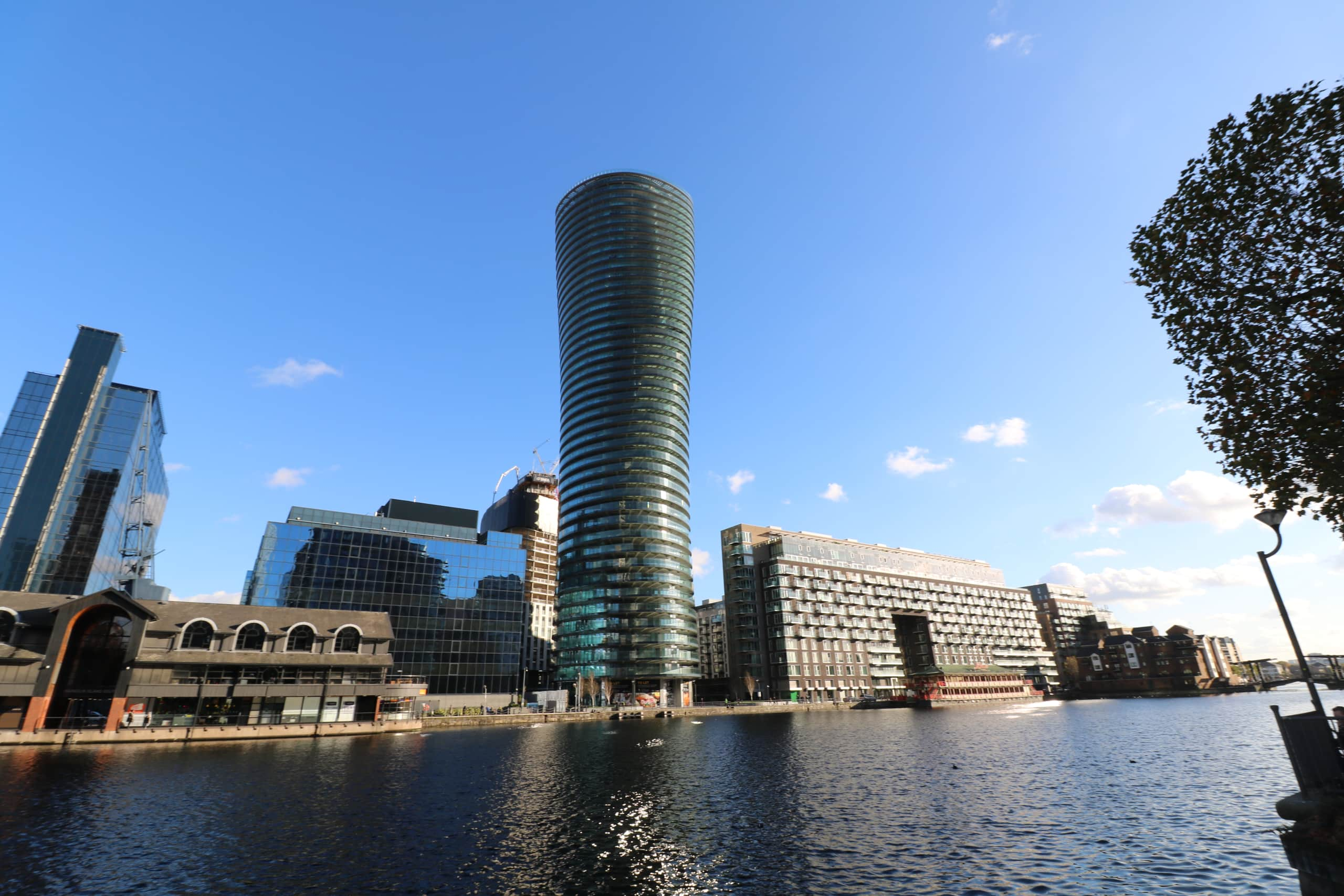What Can the Industry Expect From Brexit in 2020?
The B-word was inescapable in 2019 whether we liked it or not. The new Conservative government pledged to finalise the Brexit negotiations by 31st January which brought a new sense of confidence to the market and a surge in the value of the pound.
One thing that became clear in the course of 2019 is the effect of geo-political uncertainty on the wider market and the construction industry more specifically. In 2019 we saw a slow-down in construction output and a freeze on new contracts across the industry as a result of both legislative and Brexit uncertainty.
The true cost of Brexit thus far for the construction industry has been the ongoing sense of uncertainty and anticipation, rather than the terms of any deal. The hope now is that with a new majority government and our departure from the EU the ‘invisible handbrake’ will be released and a flurry of delayed projects will be spurred into action.
On the other hand, a potential cause for concern now we’ve departed the EU is the predicted labour shortage. Currently, over 50,000 UK born construction workers are in the age range 50-54 meaning they’re expected to retire within the next 10-15 years. For UK born construction workers this is the most common age demographic while for EU workers it is 35-39 and non-EU workers it’s 30-34.
A lack of construction professionals isn’t a new phenomenon post-Brexit. For example, in Q4 of 2018 75% of the main contractors reported finding it difficult to recruit plasterers, 70% said the same for bricklayers and 58% for carpenters and joiners.
A natural solution to the aging UK-born construction workforce and the risk of a labour shortage after Brexit is renewed focus on encouraging young people to adopt a career in construction. Apprenticeships, training initiatives and outreach programmes are essential to safeguarding the future of the industry’s workforce. In 2017/18 more than 22,000 construction apprenticeships were started, an increase from just over 21,000 in 2016/17.
Another solution to concerns about a potential drop in labour availability is the adoption of MMC and offsite construction. Offsite construction offers the benefits of improved productivity, efficiency and quality control while requiring far fewer labourers. Sapphire’s production line style method of manufacture vastly improves the productivity of individual labourers meaning fewer workers are needed compared to onsite production.
This means that regardless of the effect of Brexit on the labour market, offsite production puts companies like Sapphire in a better position to weather the changes.
The uncertainty plaguing the market appears to have been lifted in light of the clear victory of the Conservative party. As this government holds a majority it’s expected that the deal reached with EU will providing the stability needed to boost industry investment. The value of the pound increased by more than 2% against the USD after Boris Johnson’s decisive electoral victory, to the highest since May 2018.
It is important, now that the immediate concern about a Brexit deal seemingly quelled, that we look to the future of the industry and aim to safeguard its continued development. The next generation need to be encouraged to seek a career in construction if we are to avoid a skills gap down the line and greater adoption of MMC is necessary if we’re going to meeting the needs of a growing UK population.
